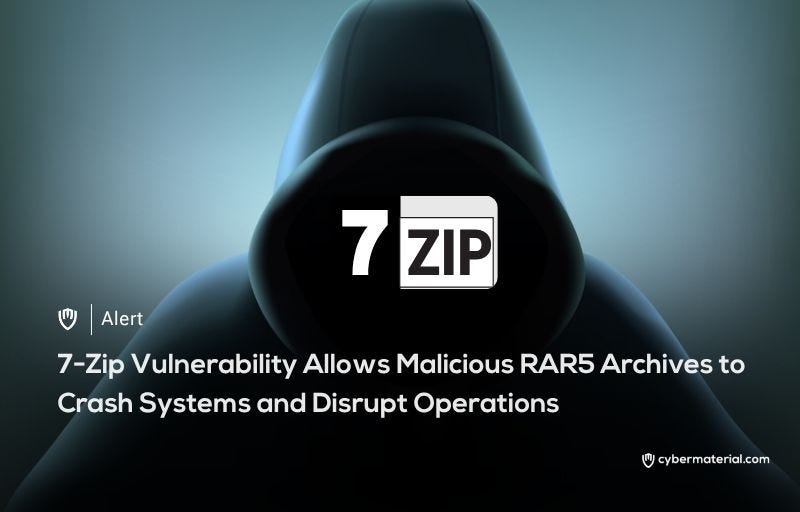
A significant denial-of-service vulnerability, identified as CVE-2025-53816, has been found within the popular compression software 7-Zip. This flaw specifically targets the software’s RAR5 decoder, …

A significant denial-of-service vulnerability, identified as CVE-2025-53816, has been found within the popular compression software 7-Zip. This flaw specifically targets the software’s RAR5 decoder, …